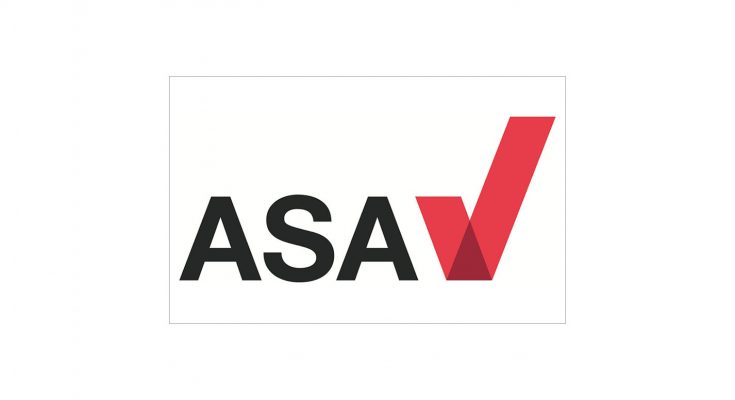The Advertising Standards Authority (ASA) has published independent research into consumers’ understanding of broadband speed claims made in ads.
The ASA commissioned the research to test whether regulatory standards, set by the Committees of Advertising Practice (CAP) and enforced by the ASA, are effective in protecting the public from misleading claims.
The standards permit headline speed claims that are achievable by at least 10% of customers, where they are preceded with the words “up to” and are qualified, as appropriate, to help manage consumers’ expectations of achievable speeds. The study also tested consumers’ understanding of alternative speed claims including average speed claims, range speed claims, and minimum speed claims.
The research, conducted by GfK, found that:
- Speed is an important factor for a significant proportion of consumers who are making decisions between providers;
- Levels of knowledge and understanding of broadband speeds vary, but overall it is low with many not knowing what speed they need to carry out daily online tasks;
- Most understand that the higher the number in the ad, the higher the speed of the service; but many are unclear on what this means for them and what speed they would likely achieve;
- Crucially, the research shows that, despite this uncertainty, most consumers believe they are likely to receive a speed at or close to the headline speed claim when, for many, that is not likely to be the case.
These findings underpin a call by the ASA’s for a change to the way broadband speed claims are advertised to ensure consumers are not misled, and a decision by CAP to review its guidance to advertisers on broadband speed claims. CAP will report publicly in spring 2017.
The ASA will continue to have regard to the existing guidance for the duration of CAP’s review, ensuring that there is no reduction in the protection afforded to consumers in that period.
Guy Parker, Chief Executive of the ASA, says: “Making sure ads don’t mislead is at the heart of what we do. We’ve taken action this year to tackle confusing broadband pricing, to the benefit of consumers. Our new research indicates that speed claims in ads contribute to consumers’ expectations of the broadband speeds they’ll receive, but their expectations are not being met. That needs to change.”
Shahriar Coupal, Director of CAP, adds: “CAP welcomes the ASA’s research and we’ll now begin the process of updating our guidance and publish a response next spring. The research provides good insights into consumers’ understanding of broadband speed claims, but it doesn’t identify an obvious alternative way to communicate speeds that would be suitable to everybody’s needs.
The IPM, along with other UK marketing industry trade bodies, is a stakeholder in CAP, the body which writes the CAP Code, the rules which marketers are required to adhere to under the UK’s self-regulatory system governing advertising and marketing. The ASA is the body which investigates when companies are thought to have broken the CAP Code.

























